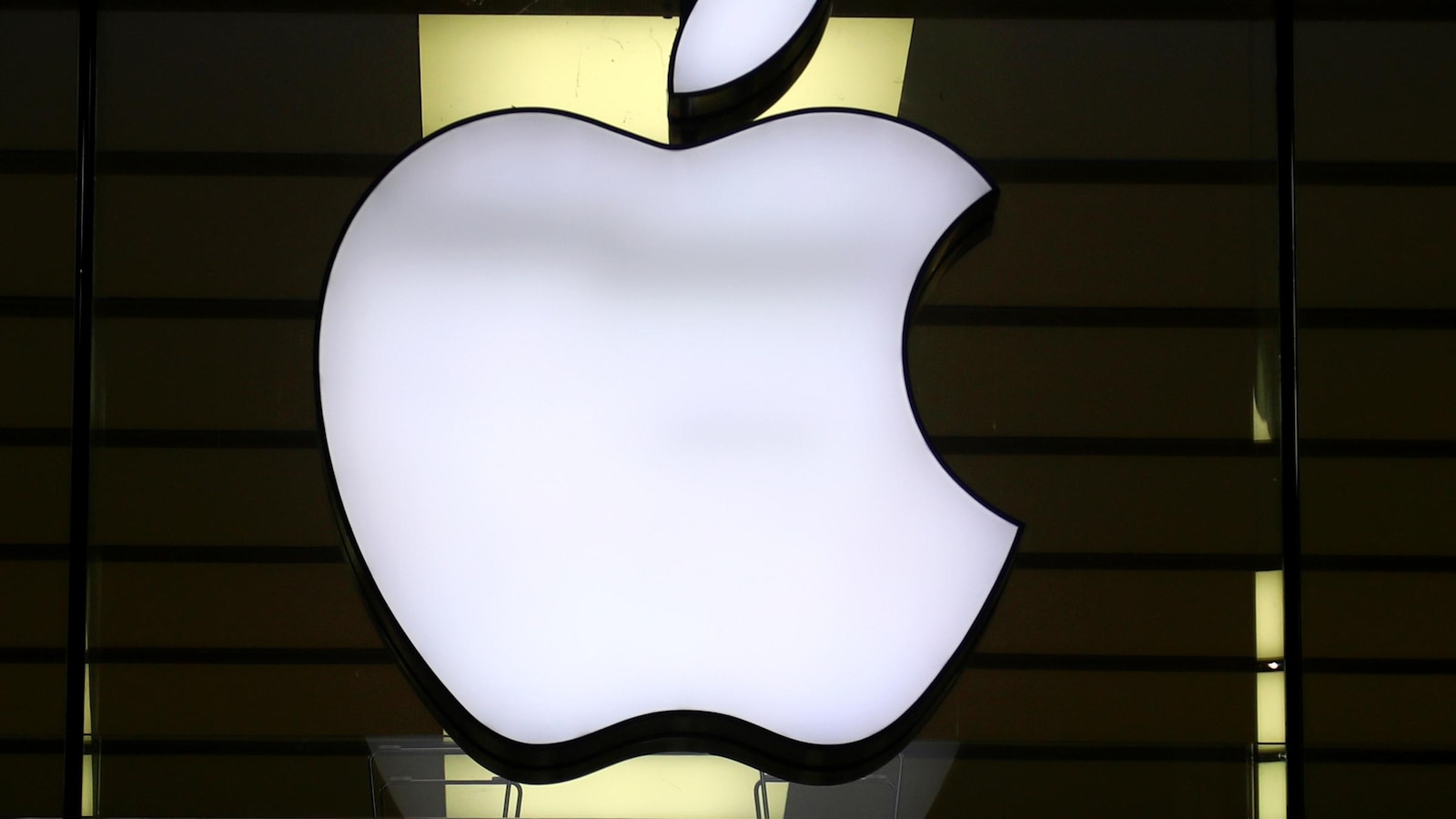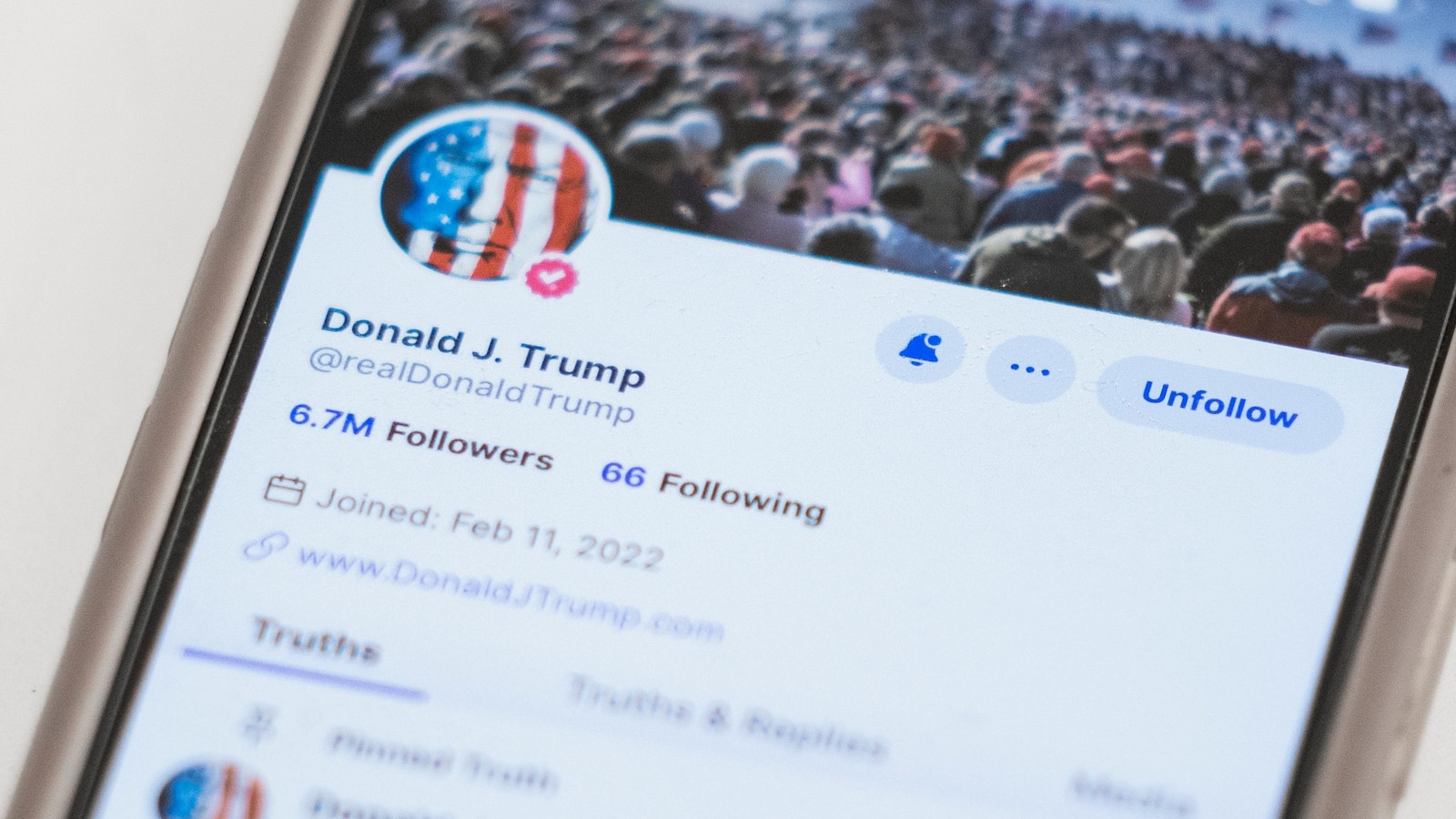
LONDON — The European Union leveled its first antitrust penalty against Apple on Monday, fining the U.S. tech giant nearly $2 billion for breaking the bloc’s competition laws by unfairly favoring its own music streaming service over rivals.
Apple banned app developers from “fully informing iOS users about alternative and cheaper music subscription services outside of the app,” said the European Commission, the 27-nation bloc’s executive arm and top antitrust enforcer.
“This is illegal, and it has impacted millions of European consumers,” Margrethe Vestager, the EU’s competition commissioner, said at a news conference.
Apple behaved this way for almost a decade, which meant many users paid “significantly higher prices for music streaming subscriptions,” the commission said.
The 1.8 billion-euro fine follows a long-running investigation triggered by a complaint from Swedish streaming service Spotify five years ago.
The EU has led global efforts to crack down on Big Tech companies, including a series of multbillion-dollar fines for Google and charging Meta with distorting the online classified ad market. The commission also has opened a separate antitrust investigation into Apple’s mobile payments service.
Apple hit back at both the commission and Spotify, saying it would appeal the penalty.
“The decision was reached despite the Commission’s failure to uncover any credible evidence of consumer harm, and ignores the realities of a market that is thriving, competitive, and growing fast,” the company said in a statement.
It said Spotify stood to benefit from the decision, asserting that the Swedish streaming service that holds a 56% share of Europe’s music streaming market and doesn’t pay Apple for using its App Store met 65 times with the commission over eight years.
“Ironically, in the name of competition, today’s decision just cements the dominant position of a successful European company that is the digital music market’s runaway leader,” Apple said.
The commission’s investigation initially centered on two concerns. One was the iPhone maker’s practice of forcing app developers that are selling digital content to use its in-house payment system, which charges a 30% commission on all subscriptions.
But the EU later dropped that to focus on how Apple prevents app makers from telling their users about cheaper ways to pay for subscriptions that don’t involve going through an app.
The investigation found that Apple banned streaming services from telling users about how much subscription offers cost outside of their apps, including links in their apps to pay for alternative subscriptions or even emailing users to tell them about different pricing options.
The fine comes the same week that new EU rules are set to kick in that are aimed at preventing tech companies from dominating digital markets.
The Digital Markets Act, due to take effect Thursday, imposes a set of do’s and don’ts on “gatekeeper” companies including Apple, Meta, Google parent Alphabet, and TikTok parent ByteDance — under threat of hefty fines.
The DMA’s provisions are designed to prevent tech giants from the sort of behavior that’s at the heart of the Apple investigation. Apple has already revealed how it will comply, including allowing iPhone users in Europe to use app stores other than its own and enabling developers to offer alternative payment systems.
The commission also has opened a separate antitrust investigation into Apple’s mobile payments service, and the company has promised to open up its tap-and-go mobile payment system to rivals in order to resolve it.
___
This story has been corrected to show that the fine was issued Monday, not Tuesday.
The European Union has recently fined tech giant Apple a staggering $2 billion for engaging in anti-competitive behavior within the music streaming industry. This landmark decision comes after a lengthy investigation by the EU’s competition watchdog, which found that Apple had abused its dominant position in the market to stifle competition and harm consumers.
The crux of the EU’s case against Apple revolves around its App Store policies, which require developers to use Apple’s in-app purchasing system and pay a 30% commission on all digital goods and services sold through the platform. This has effectively forced music streaming services like Spotify to raise their prices for consumers who subscribe through the App Store, putting them at a competitive disadvantage compared to Apple Music, which is not subject to the same fees.
In addition to these financial penalties, the EU has also ordered Apple to make significant changes to its App Store policies to level the playing field for competitors. This includes allowing developers to inform users of alternative payment options outside of the App Store and prohibiting Apple from retaliating against developers who do so.
The EU’s decision to fine Apple $2 billion sends a clear message that anti-competitive behavior will not be tolerated in the digital marketplace. It also serves as a warning to other tech companies that abuse their dominant positions to stifle competition and harm consumers.
Apple has indicated that it plans to appeal the EU’s decision, arguing that its App Store policies are necessary to ensure a safe and secure platform for users. However, critics argue that these policies have more to do with protecting Apple’s bottom line than ensuring consumer safety.
Overall, the EU’s decision to fine Apple $2 billion for anti-competitive behavior in the music streaming industry is a significant victory for competition and consumer rights. It serves as a reminder that even the biggest tech companies are not above the law and must play by the rules of fair competition.


